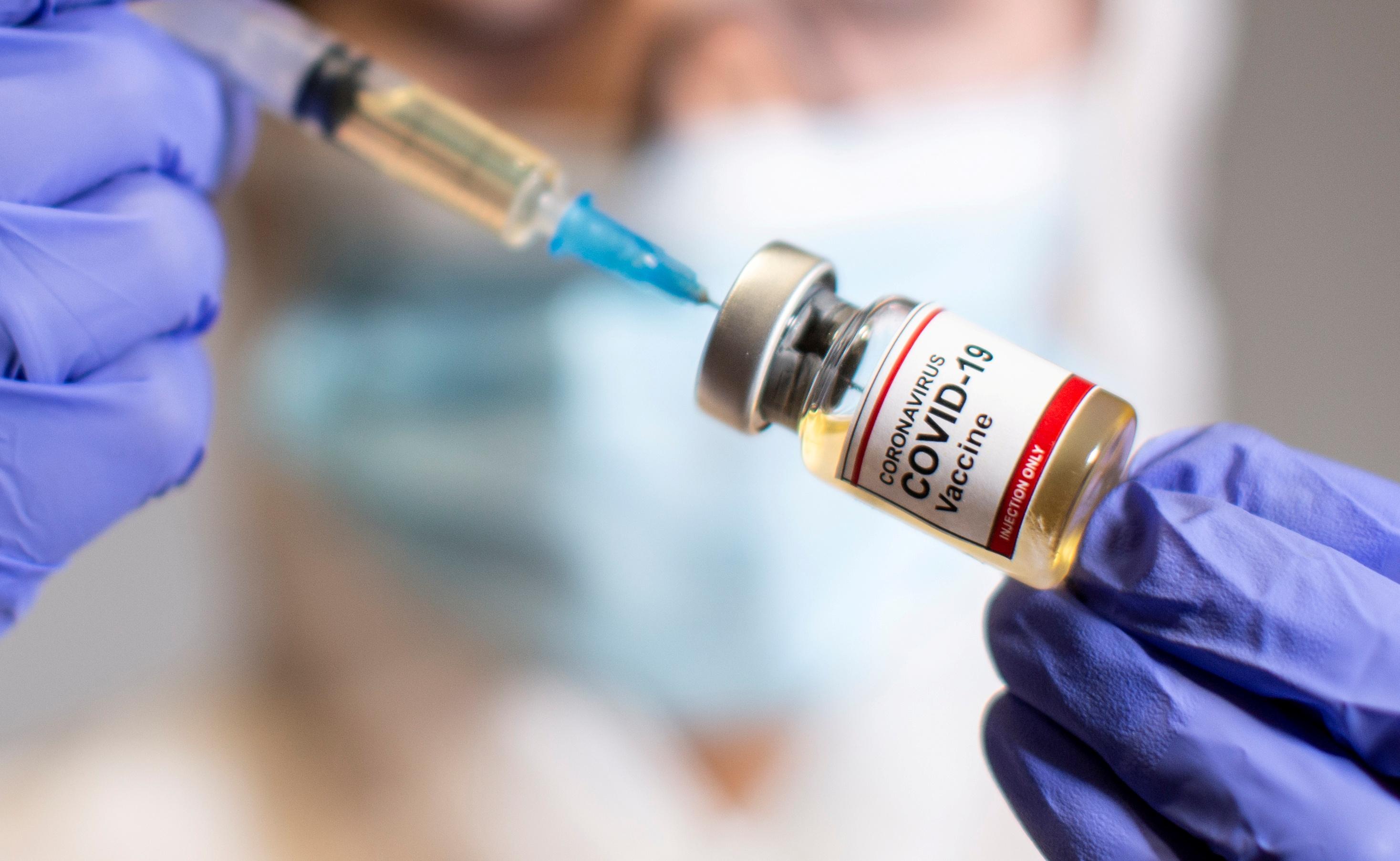Vaccine response may be weaker in elderly; Merck drug shows promise in reducing virus level

The following is a roundup of some of the latest scientific studies on the novel coronavirus and efforts to find treatments and vaccines for COVID-19, the illness caused by the virus.
Vaccine responses appear weaker in elderly
The COVID-19 vaccine from Pfizer Inc and German partner BioNTech SE induces weaker immune responses in elderly people compared to younger and middle-aged adults, new data suggest.
Researchers studied 91 vaccine recipients under the age of 60 and 85 recipients over age 80.
Seventeen days after the second of two doses, nearly one-third (31%) of the elderly recipients did not have any antibodies capable of neutralizing the virus.
This was true for only 2% of the younger group, the researchers reported on Friday on medRxiv ahead of peer review.
Even among those under age 60, only 16% had neutralizing antibodies after the first dose, the researchers found.
"But that doesn't mean that the elderly should expect severe complications if they get infected," said coauthor Ortwin Adams of University Hospital Dusseldorf in Germany.
"Recent reports from Israel, England and Scotland show that rates of hospitalization and severe disease progression are significantly lower than in the unvaccinated, even in people over 80 and even after the first COVID-19 vaccination," Adams said.
"However, it could mean that the elderly need to be revaccinated sooner than young people to generate long-lasting protection. The results also suggest that transmissions may still be possible in some of the elderly after vaccination," he said, adding that "measures to effectively prevent transmissions should be continued."
Merck antiviral drug may help speed viral clearance
An experimental antiviral drug being developed by Merck & Co and Ridgeback Biotherapeutics may help reduce viral loads in patients with early COVID-19, according to preliminary results from a clinical trial.
Researchers presented their findings on Saturday at the 2021 Conference on Retroviruses and Opportunistic Infections but did not publish a formal report.
In the 202-patient study, people who had been symptomatic for no more than 7 days and who were not hospitalized received either the oral antiviral molnupravir or a placebo.
In data from fewer than half of the trial participants, after five days of treatment none of 47 patients taking molnupravir had positive viral cultures, compared to 6 of 25 patients (24%) taking the placebo.
Merck said data on the drug's safety and effectiveness and additional secondary objectives of the study will be presented at an upcoming medical meeting. -- Reuters




